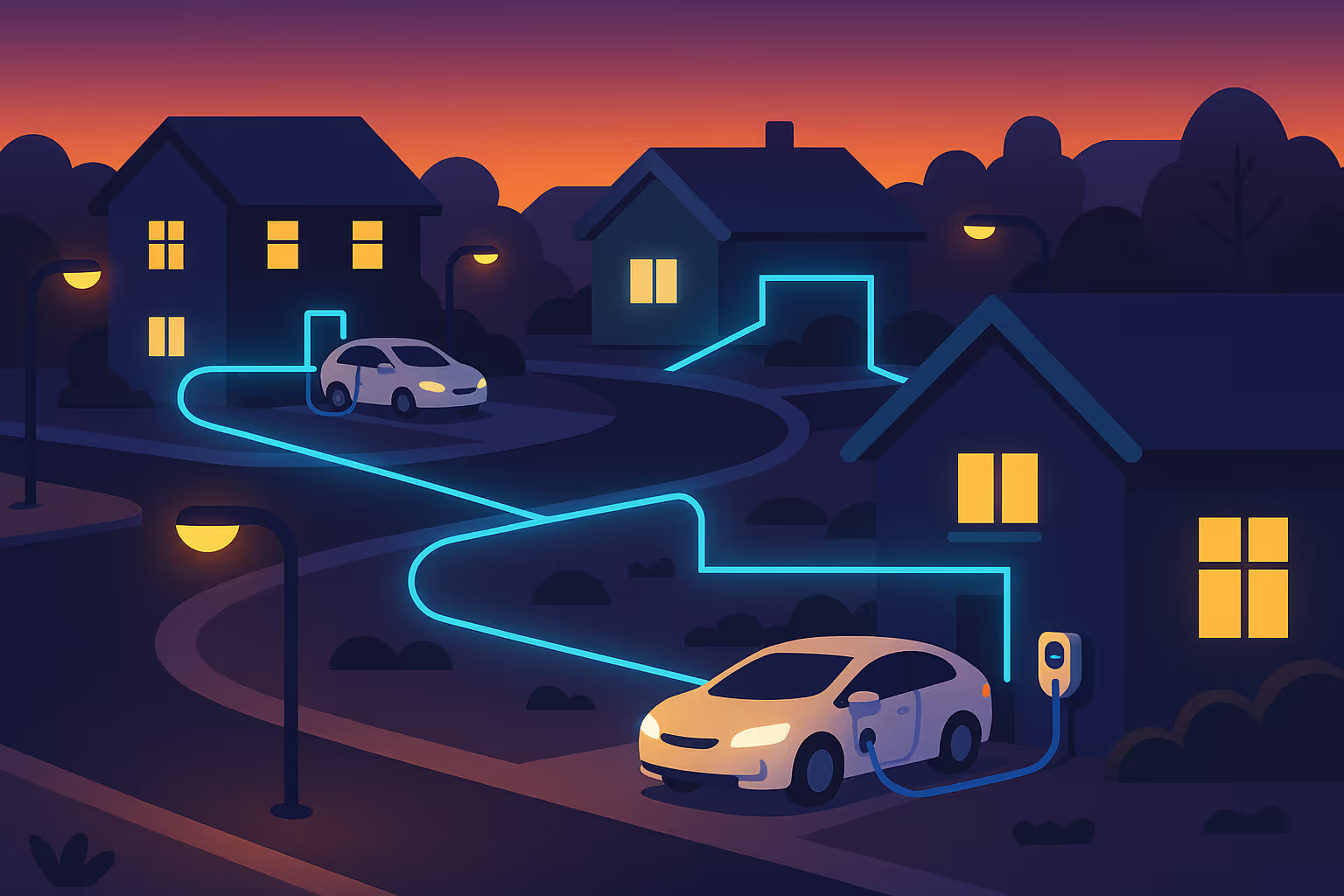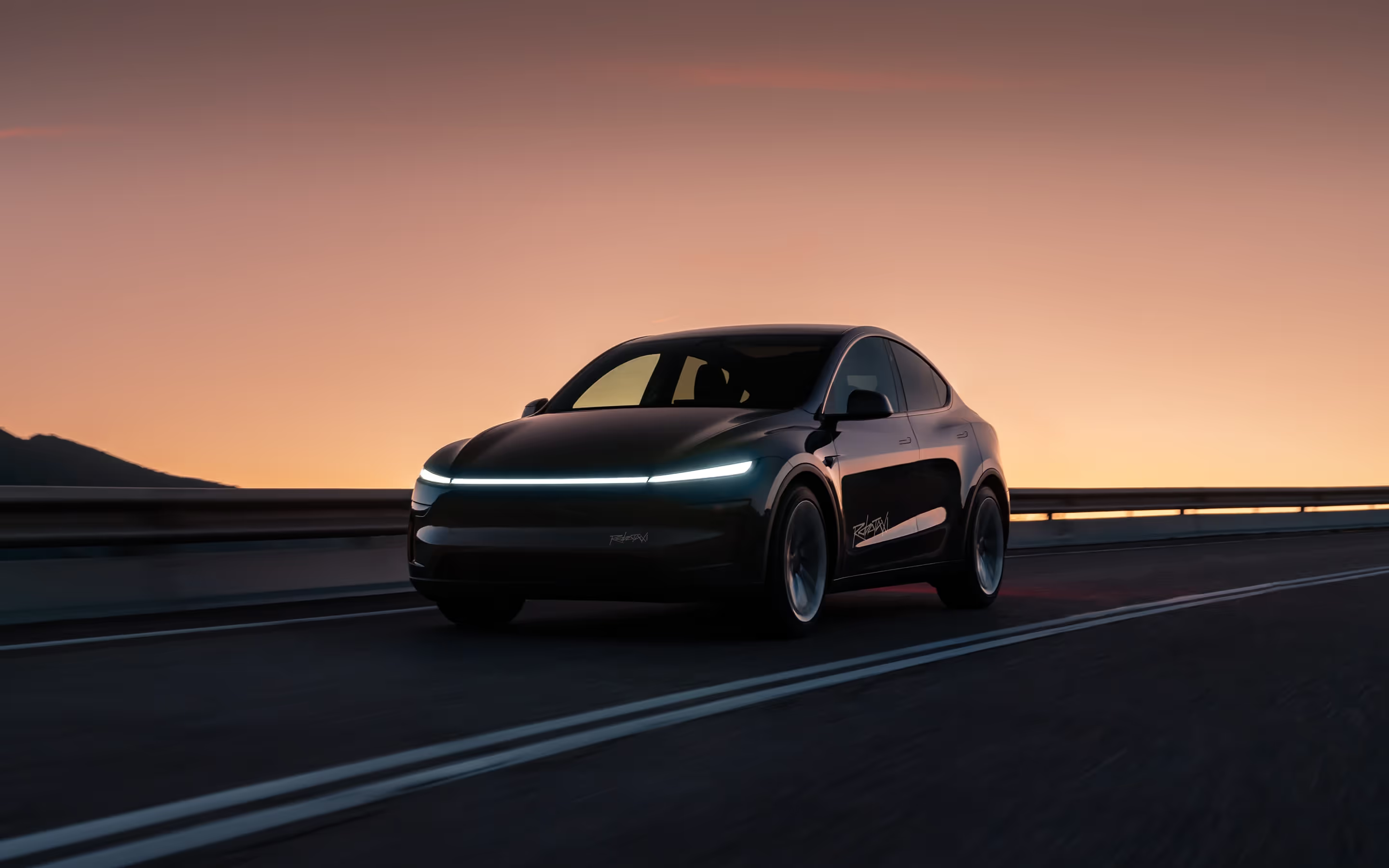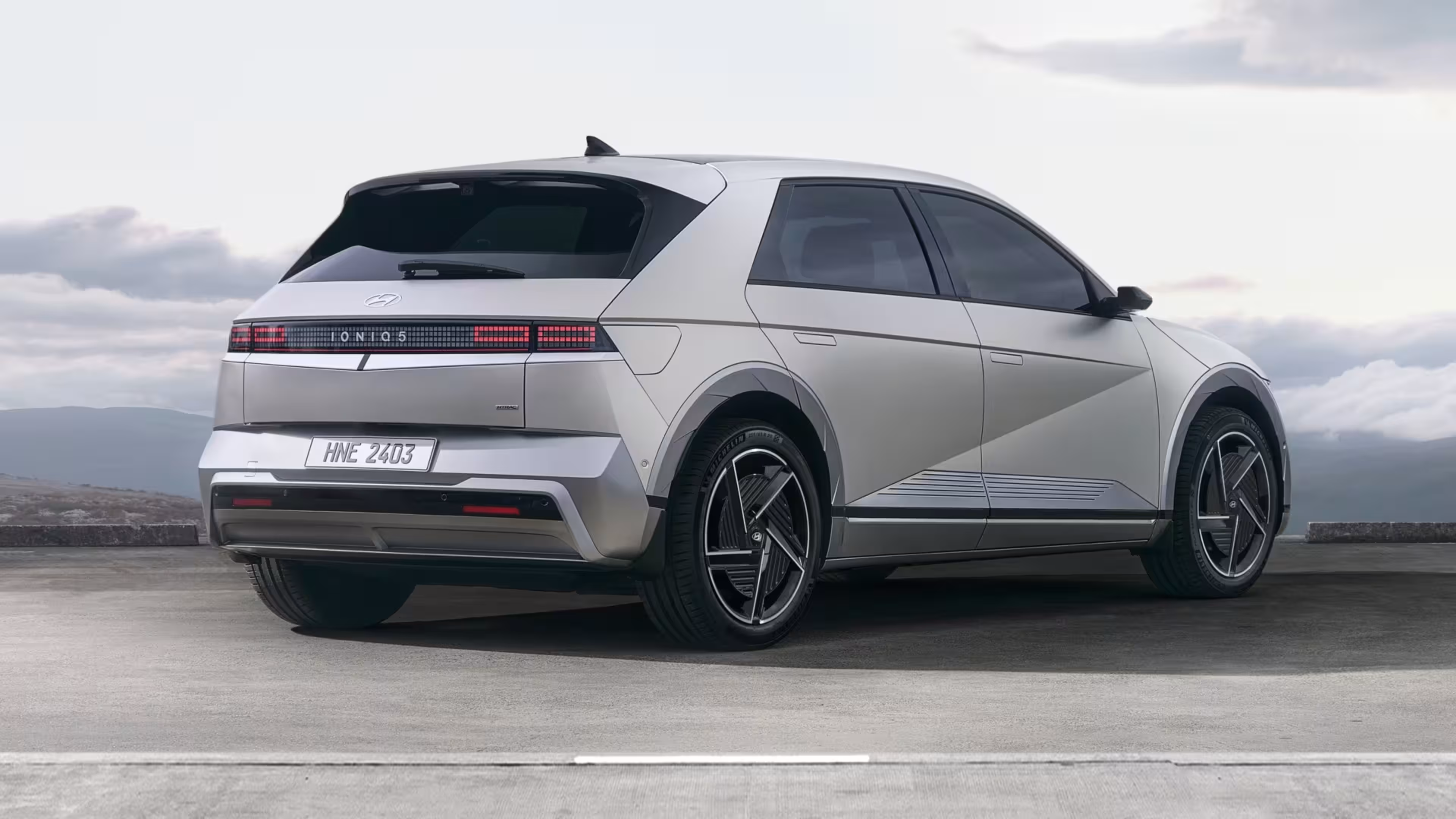Anytime, anywhere.
In a post-pandemic era, these two values have been the growing theme of remote flexible work, with more companies supporting the new needs of their workers and being open to recruiting remote talent.
These two propositions have also helped shine the limelight on car subscriptions, where consumers are realising the upside of flexibility and convenience that would otherwise be unavailable through traditional car ownership.
As remote work continues to expand, this alignment between flexible working arrangements and car subscription will see a proportional increase across the two growing trends.
Here are three reasons why we predict car subscriptions will continue to rise and gain greater attraction, particularly from those transitioning into remote work.
1. Cars will take on a more utilitarian role
A younger generation of consumers are finding new ways to keep up with the Joneses, and less frequently does this include splurging on new and expensive cars. The rising cost of living has made younger consumers more wary of the debt trap presented by modern car ownership, with many preferring to spend their hard-earned money in other ways. Rather, this generation is redefining status by seeking out experiences and lifestyles over material possessions.
As a result, the car is beginning to be seen solely as a form of transportation from point A to point B.
The pandemic exposed two fundamental flaws of traditional car ownership:
The unseen costs of car ownership are far greater than expected.
Our appetite for debt is not without consequences.
Upon reflection, individuals have become exposed to the operating costs associated with owning a car even when it was not being used. Such costs include registration, insurance, vehicle servicing and roadside assistance, as well as less tangible costs such as interest repayments and depreciation.
Our research revealed that 36% of Australians believed the average car costs between $2,000-$3,000 to run, followed by 27% who said $3,000-$5,000. Just over one fifth of respondents (21.5%) believed that car ownership costs less than $2,000, while only 11 per cent said $5,000-$10,000. These costs are also comparable to the negative equity trap that often comes from financing a new car.
More and more car subscription providers are now offering a solution to this, making it a standard that these operating costs are all included in inclusive plans.
Recent findings from our consumer survey also reveal evolving relationships with money; where we found that younger Australians are turning to alternative investments like the stock market and cryptocurrencies as a means to get ahead financially due to rising real estate prices. Further to this point, our findings also reveal that a massive 75% of Australians with financial investments would consider subscribing to their next car rather than buying it. These behavioural changes simply reflect individuals becoming more financially conscious about their spending habits and in turn rather see their money put to work.
“Younger Australians are intent on making their money work harder, simply because they have no other choice. The idea of paying interest on a car loan over five years for a depreciating asset just doesn’t stack up anymore for our generation like it did for the Boomers.”
Michael Higgins, Co-Founder and Managing Director at Loopit
More so as we transition towards some form of normality that is free of restrictions, individuals are being reminded of where their disposable income can be best spent. From outdoor entertainment to domestic or even international travel, this is money that can be derived from the savings available through subscribing to a car.
2. The development of new ideals
Companies are now catering to the new demands of the labour force who prefer working from home, allowing for even greater flexible policies to develop. As more individuals seek for work-life balance, they are also lessening the idea of work and life being compartmentalised. In an attempt to regain a sense of autonomy that was previously devoid during the pandemic, individuals now desire the opportunity to work anytime, anywhere.
And this is exactly what car subscriptions provide.
Freedom and convenience to choose whatever and whenever your car you need to suit your life. This sentiment resonated in our research where we found 33.6% of respondents disliked the big financial commitment when it came to car ownership. When you consider the rising costs of real estate and record low interest rates, it becomes clear that young Australians in particular simply do not want to be tied down by any commitments that hinder their financial capacity to purchase their first home.
As financial fluidity takes priority for more Australians, some subscription providers such as HelloCars even provide short minimum terms of 30 days. The rise of this consumer preference is compounded by the growth of remote work, where flexibility of subscription plans is becoming increasingly relevant.

3. Reduced traffic and road congestion
We predict that while more people are empowered to work from home, there will be some who may still want to enter their office to complement their working-from-home arrangement. For these people, they will find joy knowing that reduced traffic and road congestion means less commuting time.
Further to this point, rather than having to pay for novelty expenses such as parking five days a week, individuals may be more willing to put up with the cost for fewer days. Added to the lingering fear of the virus potentially transmitting, those who take public transport may find resorting to private driving a safer option.
When all these three factors are accounted for, we believe that individuals will show greater preference for driving as their main commuting option. Enticed by the idea of saving more money due to lower commute frequency than what it was pre-pandemic, individuals will be attracted to the inclusive offerings of car subscription plans that seek to cover on-road costs. As more incumbents of car subscription ensure the inclusion of on-road costs are a prerequisite for their subscription plans; more individuals will become more opposed to these costs associated with traditional car ownership.

.avif)







